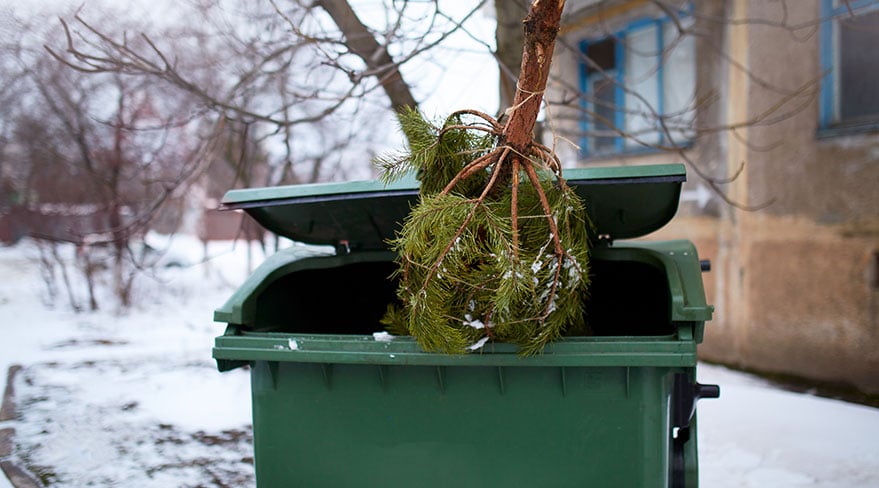Waste and Recycling: The Christmas Aftermath
 Santa's elves might be taking a well earned January break but the Waste and Recycling industry are experiencing their busiest time of year. Unsurprisingly, this is due to the increase in the amount of cardboard, glass, wrapping paper and food leftovers from Christmas.
Santa's elves might be taking a well earned January break but the Waste and Recycling industry are experiencing their busiest time of year. Unsurprisingly, this is due to the increase in the amount of cardboard, glass, wrapping paper and food leftovers from Christmas.
During January there will be about a third more waste to be processed than at any other time of the year and food waste increases by about 50%. Historically, slips and trips peak in December and January along with a small number of reported assaults. Consequently January is the perfect time to review safety procedures and commit to being safer in 2020.
Don’t Cut Corners
During the post-Christmas period there will be long days for everyone and a lot of pressure to cut corners. However, the increase in waste throughput and potential uptake of temporary staff make safety failsafes more important than ever so don’t let pre-shift handovers and safety checks fall by the wayside.
Keep a Close Eye on Flat-Out Equipment
As the machines are going to be working at full capacity it’s important to make sure they’re inspected regularly to identify problems before breakdowns occur. There’s also a greater chance of blockages due to processing large waste volumes. In this situation it's critical to ensure you follow a robust lock-down procedure. The Waste Industry Safety and Health Forum recommends that you:
- NEVER work on machinery without a lock-off being in place
- NEVER restart machinery until you are sure everyone is clear and all guards, hatches, gates, doors etc have been closed and secured
- ALWAYS make sure the machine is really off BEFORE starting work
- ALWAYS inspect and check that a lock-off is being used
Easy to Follow Safety Guidance
If you are using seasonal workers to help during busy holiday periods, English may not be their first language so consider making your safety guidance available in other languages and using 'picture'-based instructions more than words. Additionally, factor in enough training and briefing time into the hiring cycle.
About Lisa Robinson
Lisa - word smith to the gods.
